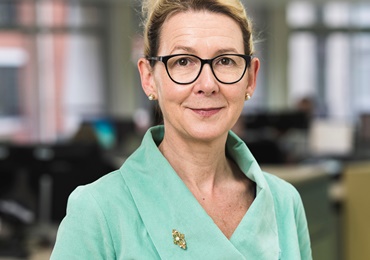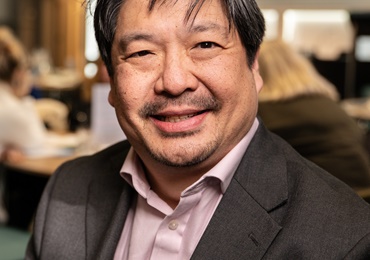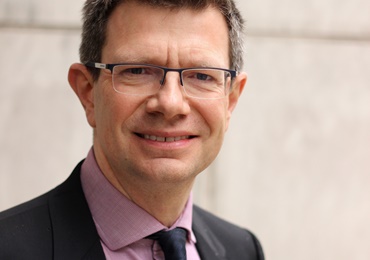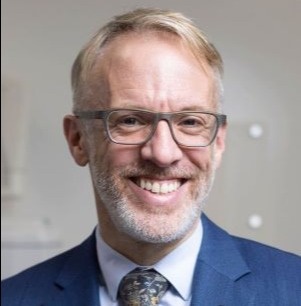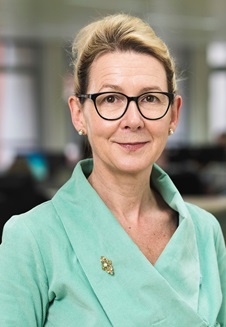Responding to the uncertainty caused by COVID-19
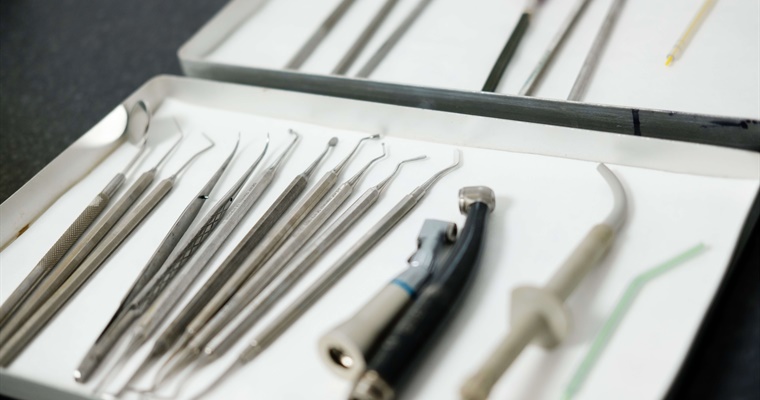
In the third of our series of articles analysing the key findings from our research and engagement into the effects of COVID-19 on dental care, Rebecca Cooper, Head of GDC Policy and Research Programme, reflects on the uncertainty that has been caused as a result of the COVID-19 pandemic and how the GDC will work with professionals, stakeholders and the public to address it.
One of the key features of the current pandemic has been a sense of uncertainty about the present and the short-, medium- and long-term future. Decisions that have a huge impact on people’s lives have had to be taken quickly, with unprecedented restrictions being put in place, and once established, approaches have needed to change as new evidence has emerged.
Our research, COVID-19 and dentistry, has highlighted that there was uncertainty among patients and the public at the beginning of the first lockdown about availability of services, how to access them and whether it was safe to do so. For example, nearly a third of those surveyed thought that there were no dental services available at all during the first lockdown. On the other side of the equation, our research into the Impact of COVID-19 on dental professionals has highlighted uncertainty about the application and extent of the restrictions and, as services began to resume, how professionals could ensure they were delivering safe care for their patients and identifying and adhering to the relevant guidance. More than a third of those we surveyed felt that the guidance lacked clarity. This uncertainty was compounded by changes in the guidelines, and a lack of consistency in their application across the UK.
Uncertainty makes planning and delivery of services more difficult, and can often lead to hesitation or inaction. Sometimes that is the right response, but in many cases, including this one, it simply isn’t an option. As the sector opened up, professionals and businesses had to navigate new territory, while doing their best to meet patient needs that had been unmet for several months. They also faced – and continue to face – uncertainty about patient behaviour and the impact of that on practices and other businesses. We know from our research that many businesses have faced very significant reductions in income, and that this leaves professionals with difficult choices to make.
In the face of changing circumstances, professionals and businesses have had to adapt accordingly. This has included the use of increased PPE, which came with its own challenges in respect of availability, changes to procedures within the practice, including extending hours and rotating clinics to comply with restrictions on numbers of people on the premises, and managing patient expectations about availability of treatments.
Our research shows that a lack of promptness and/or clarity in communication can, and in some cases did, contribute to confusion, uncertainty and stress for both patients and professionals. People want to understand the rationale behind guidance and procedures, and for it to be based on evidence.
There are lessons for all of us in that. We have already responded to some of the issues highlighted in the research by, for example, issuing a statement to registrants and guidance for our case examiners, acknowledging the very challenging circumstances in which dental treatment is being provided, and setting out how we will take that into account when concerns about professionals are raised with us. Patients and the wider public will naturally turn to their practices as the first source of advice on how best to get the treatment they need. What is important is that we all recognise the importance of clear and consistent information and work together to respond to uncertain and changing circumstances.
 eGDC
eGDC



